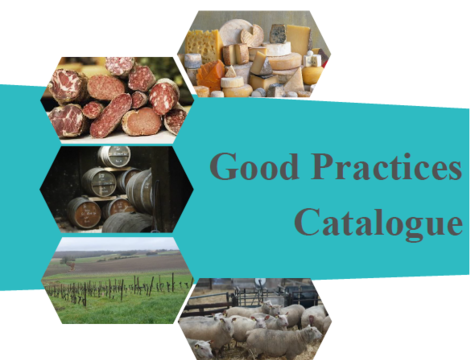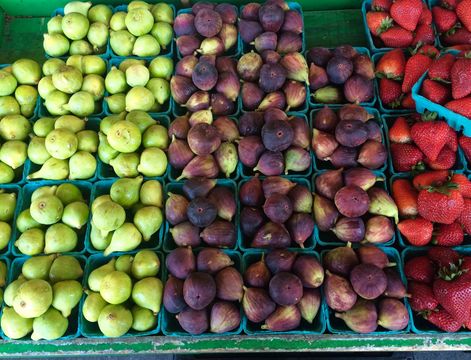The document "We ensure the quality of food and fight fraud" Exercise 2019, is now available.
The document details the activities carried out during 2019 in the framework of the Official Control of food quality and the fight against food fraud. Likewise, the results obtained are also shown by sector and type of technique carried out.
The whole document is available and downloadable at: Link to document
Official Control
We guarantee the protection of the economic interests of all the agents involved in the agri-food chain and ensure transparency and fair competition in commercial transactions.
We promote confidence in the food produced in Catalonia among those who live here, those who visit us, and those who eat this food around the world.
Objective of the Official Control
The objective of official control in the fight against agri-food fraud is the prevention, detection, limitation and reduction of fraud, deception, counterfeiting, adulteration and other similar infringements committed in the production and marketing of agri-food products that economically harm any actor of the agri-food chain.
Excluded from this control are cases in which there is a health hazard and other aspects such as environmental and fiscal control, aid or subsidies from Public Administrations or the control of entities that certify distinctive quality marks.
Who is in charge of official control against fraud?
The competent authority for official control in matters of food quality and the fight against food fraud is the General Directorate of Food, Quality and Agri-Food Industries of the Department of Agriculture, Livestock, Fisheries and Food.
The unit in charge of carrying out these official control tasks is the General Sub-Directorate of Agri-Food Inspection and Control .
Which are the official anti-fraud controls?
The actions in the fight against food fraud are:
- Pre- scheduled inspections in the General Inspection Plan in selected companies through a risk analysis. Inspections are scheduled in an Annual Anti-Fraud Inspection Plan in agri-food products. On the other hand, these inspections are included in the National Plan for the Official Control of the Food Chain (PNCOCA).
- Unforeseen inspections that are the result of unexpected events or suspected infringements (complaints, reasoned proposals from other control administrations, information, etc.).
- Exploratory controls. Systematic control actions to categorize agri-food operators according to the risk elements assessed (activity, own-control, traceability, etc.).
Inspections are carried out without prior notice and an inspection report is drawn up for the official verification of the facts and the evidence or the evidence of non-compliance. In addition, the General Sub-Directorate of Agri-Food Inspection and Control is subject to internal and European Commission audits.
Research and audit methodology is used, based on specific techniques that integrate physical checks, identification controls and exhaustive analysis of the documentation, especially the traceability. And in case of serious breaches, precautionary measures can be taken such as immobilization of products or labelling, stoppage of activity, withdrawal of products from the market, prohibition of advertising, etc.
So that the irregularities or infractions detected are not repeated, warnings, immobilization of products and / or sanctions can be imposed.
Which are the inspected sectors?
The agri-food sectors subject to control are those that stand out for their important socio-economic interest, such as and without the list being exhaustive, meats and meat products, fishery products, wine products, vinegars, spirits, soft drinks, oils vegetables, fats, milk and dairy products, prepared dishes, fresh fruits and vegetables, flours and cereals, pulses and rice, nuts, canned vegetables, canned fish, chocolate, coffee, honey, ice cream, nougat, candies, condiments and spices , etc.
Control extends to all phases of the food chain, from production to marketing.
Anti-fraud inspections are carried out on operators who produce, manufacture, process or process food, mainly in the same place where agri-food products are shipped for introduction into the commercial circuit. Direct-to-consumer stalls (retail, e-commerce, restaurants) and wholesale markets are excluded.







